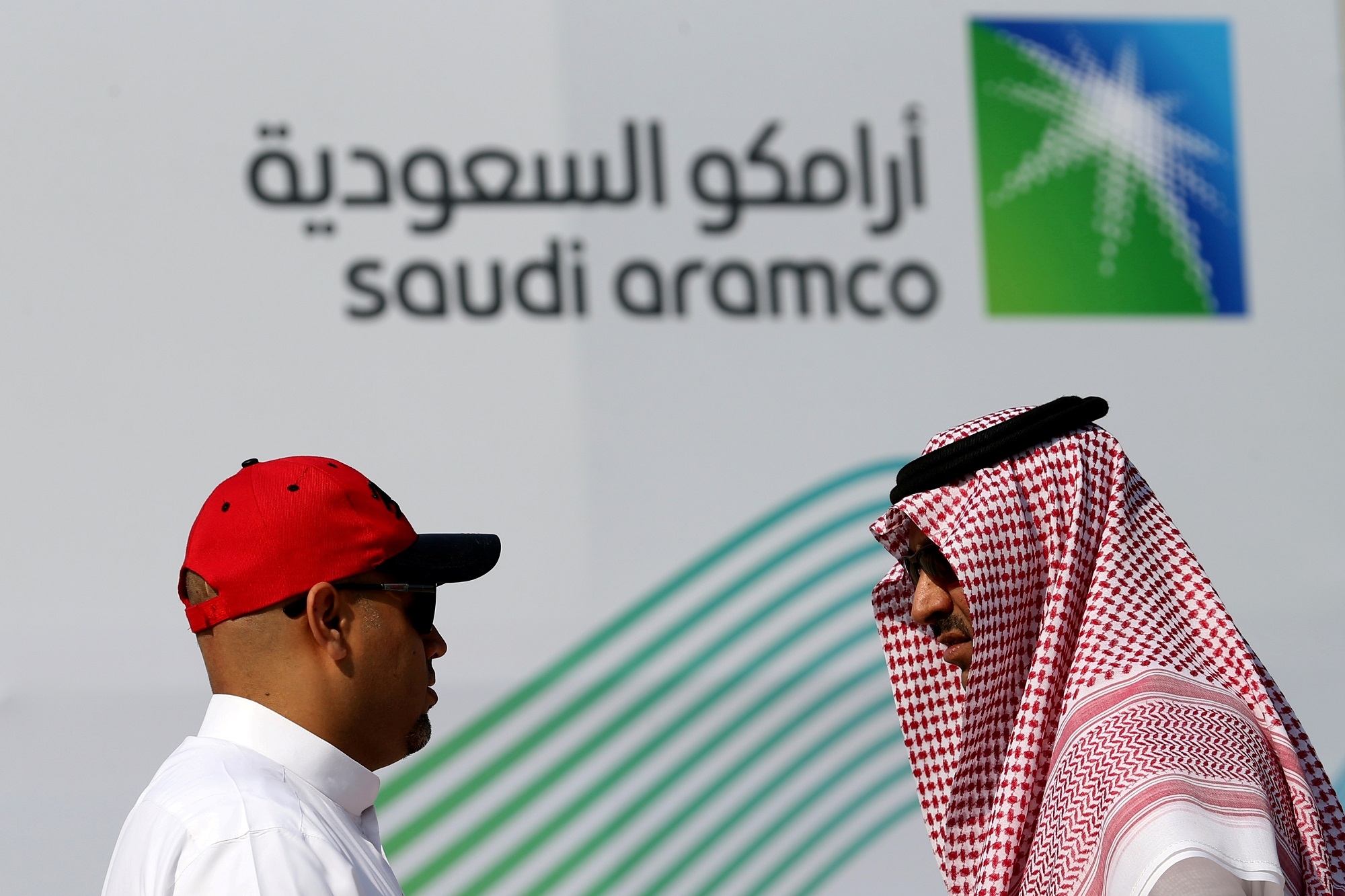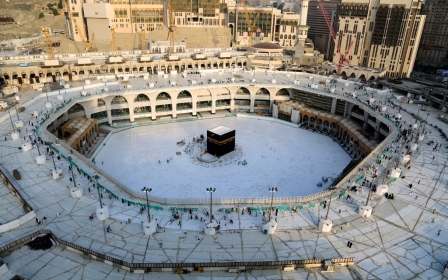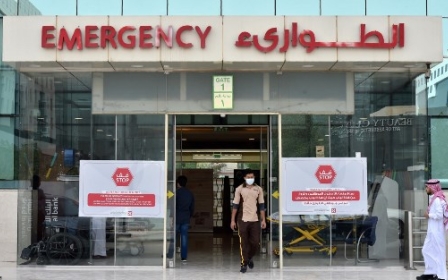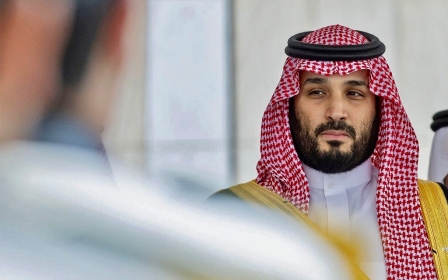Republican senators scold Saudi Arabia's MBS for flooding global market with cheap oil

Thirteen Republican senators sent a letter urging Saudi Arabia's Mohammed bin Salman to reverse a decision to increase oil production, saying it contributed to a disruption in oil prices "on top of already hard-hit financial markets".
The letter, sent to the powerful crown prince on Monday, said, "the added impact of unsettled global energy markets is an unwelcome development" at a time when the world is battling the COVID-19 pandemic.
"Senior Saudi government leaders have repeatedly told American officials, including us, that the Kingdom of Saudi Arabia is a force for stability in global markets. Recent Saudi actions have called this role into question," the letter read.
It was signed by key legislators, including Lisa Murkowski, chair of the Senate Committee on Energy and Natural resources.
Saudi Aramco, the kingdom's state oil company, said earlier this month that it will push production to a record high, sending prices tumbling by more than 25 percent last week.
New MEE newsletter: Jerusalem Dispatch
Sign up to get the latest insights and analysis on Israel-Palestine, alongside Turkey Unpacked and other MEE newsletters
The move came in response to a dispute with Russia after Moscow failed to come to an agreement with the Organization of the Petroleum Exporting Countries (OPEC) to cut production amid market uncertainty because of the coronavirus.
Aramco said it will tap into its reserves to increase capacity by 300,000 barrels of crude per day starting 1 April.
"The company expects that this will have a positive, long-term financial effect," the company said in a filing to Riyadh's Tadawul stock market last week.
Conventionally, increased crude production may be good for consumers, but at a time of financial crisis, the sudden plunge in oil prices adds to the volatility of the markets.
Moreover, lower prices are associated with slow growth that mirrors a decline in demand. Riyadh's decision to maximise output will also hurt US oil companies - with America being the largest producer in the world.
"We urge the Kingdom to assert constructive leadership in stabilising the world economy by calming economic anxiety in the oil and gas sector at a time when countries around the world are addressing the pandemic," the Republican senators wrote in their letter.
Financial markets have been reeling from the effects of the coronavirus, with several countries banning large gatherings and travel and cancelling major sporting, religious and political events.
On Monday, the Dow, which measures the performance of the top 30 companies on the US stock market, fell by 13 percent.
Middle East Eye delivers independent and unrivalled coverage and analysis of the Middle East, North Africa and beyond. To learn more about republishing this content and the associated fees, please fill out this form. More about MEE can be found here.





